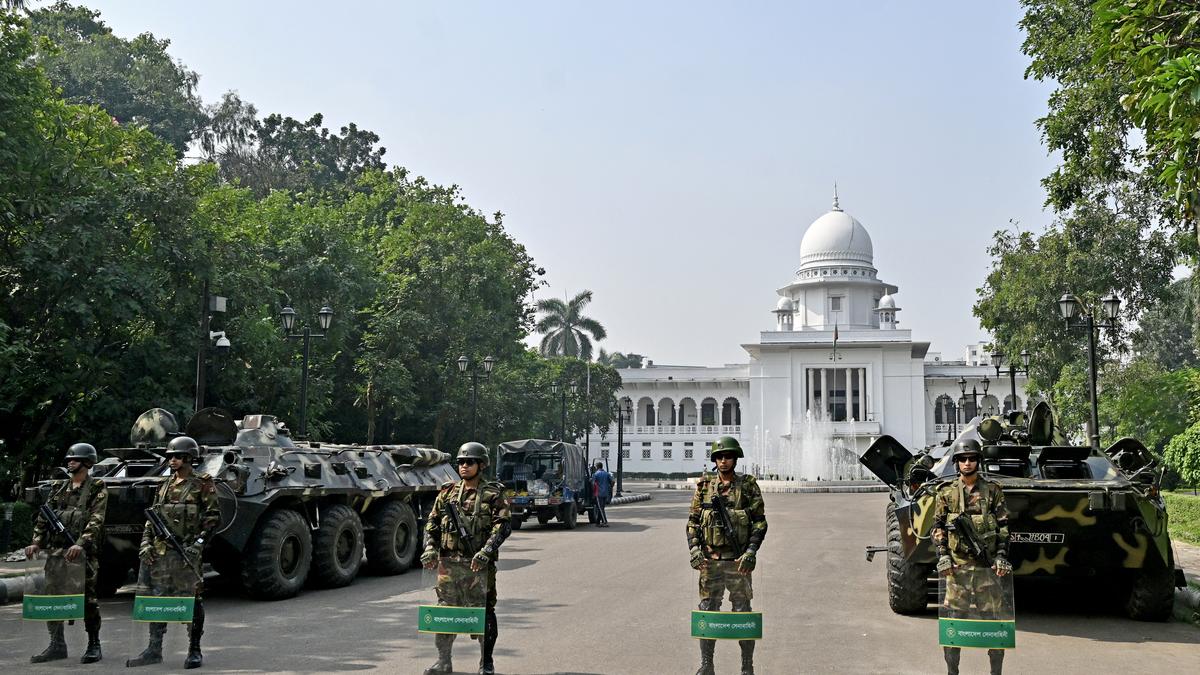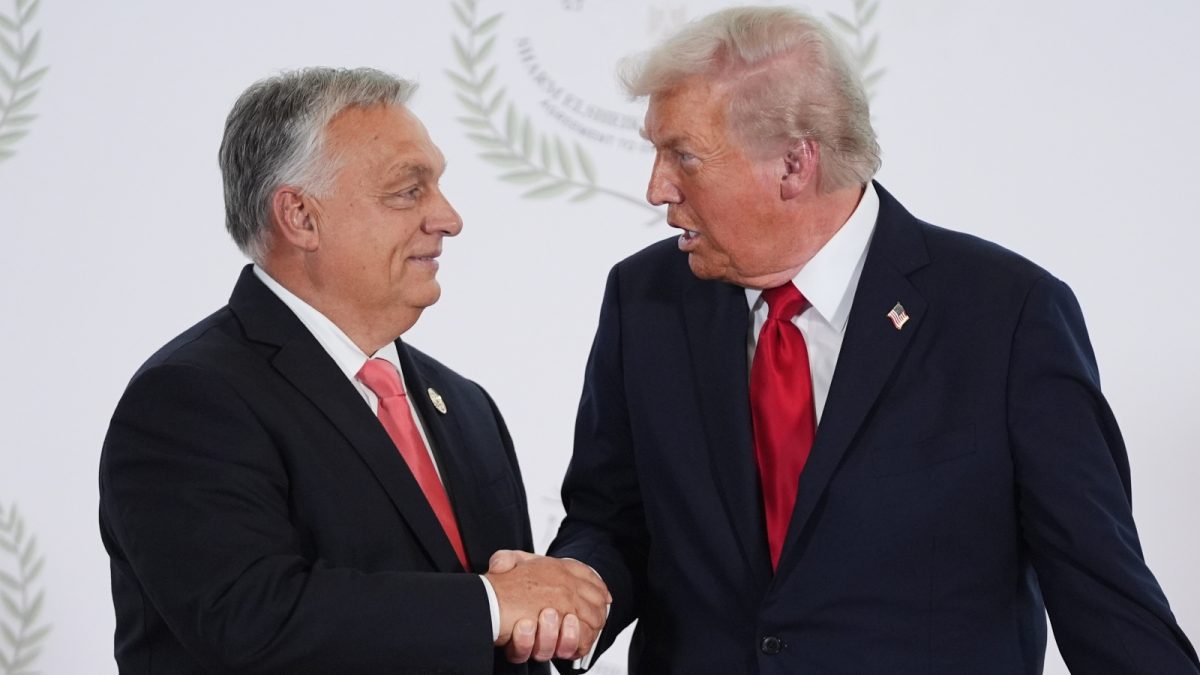Tamil Nadu on Saturday (November 15, 2025) moved the Supreme Court against the President’s refusal to grant assent to a proposed law which exempts the State from providing medical admissions through the National Eligibility cum Entrance Test (NEET).
The original suit filed by the State, settled by senior advocate P. Wilson and represented by senior advocate Mukul Rohatgi and advocate Misha Rohatgi, said the President’s denial of consent to the The Tamil Nadu Admission to Undergraduate Medical Degree Courses Bill, 2021 has created a “grave constitutional impasse”.
The State urged the top court to pronounce the President’s refusal as unconstitutional and declared that the 2021 Bill is deemed to have received assent.
Explained | Why does Tamil Nadu want exemption from NEET?
The State said NEET tilted the balance unfairly in favour of affluent, urban, CBSE-educated students who could afford years of private coaching, while excluding bright but underprivileged students from rural background educated mostly in government and Tamil medium schools.
The suit said the 2021 Bill was unanimously passed by the State Legislative Assembly. The Governor had referred the Bill for consideration of the President under Article 201 of the Constitution.
The State had subsequently replied to objections and clarifications from the Union Ministries, but the Presidential assent was mechanically denied without assigning any reasons. The refusal of the President to consent to the Bill was communicated through the Governor’s secretariat on March 4, 2025.
“This suit raises substantial question of law as to interpretation of the Constitution raising significant questions relating to the State’s legislative autonomy, Constitutional federalism, the scope of Article 201, Article 254(2) [in case a State law is found repugnant to an existing Central law], and the State’s primary duty under Article 47 to safeguard public health by ensuring equitable access to medical education,” Tamil Nadu submitted.
The suit said the State, historically, had always carefully designed its own system of admissions to professional courses. These systems, like the Common Entrance Test (CET) had maintained high standards as well as reflected the social realities of Tamil Nadu.
The State had discontinued the CET and enacted The Tamil Nadu Admission in Professional Educational Institutions Act, 2006. The 2007 law had mandated admissions solely on the basis of Class XII Board marks, with normalisation across Boards.
EDITORIAL | Inconclusive chapter: On Tamil Nadu and NEET
“For a decade, the medical and professional colleges situated in the State admitted students transparently and equitably, producing world-class doctors, while maintaining high standards in medical education and a remarkable Gross Enrolment Ratio (GER) in higher education of 47%, far above the national average of 29%. The Union government target in NEP 2020 is to achieve 50% by 2035,” the State contended.
The imposition of NEET uniformly by the Centre had unsettled the “equilibrium” in the State since 2017. An exhaustive study of NEET’s impact in 2021 led to a substantial majority of stakeholders favouring the scrapping of NEET in Tamil Nadu, the State argued.
“The NEET system had fuelled a parallel and highly commercialised coaching industry, which now generates thousands of crores annually. Data reveals that in Tamil Nadu, more than 70% of students securing MBBS admissions post-NEET are ‘repeaters’, while first-generation learners from government schools are effectively excluded,” Tamil Nadu submitted.

 1 hour ago
4
1 hour ago
4









 English (US) ·
English (US) ·